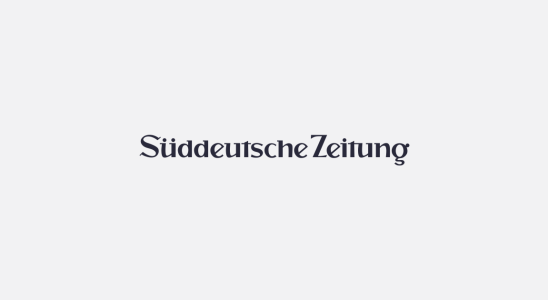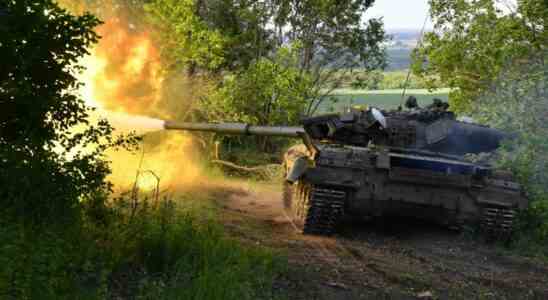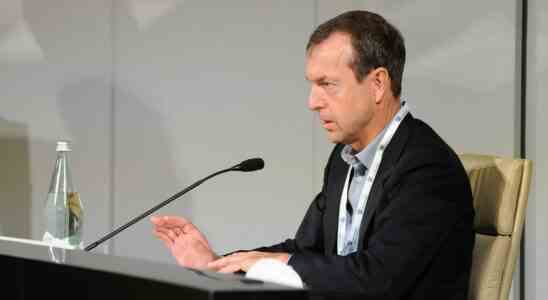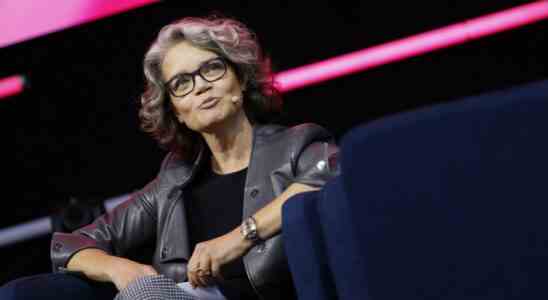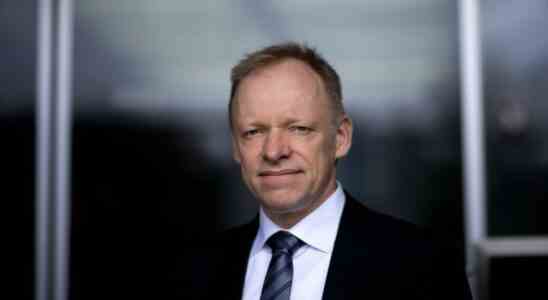Tag: Munich Economic Debates
Ifo boss Fuest on climate change: doing without is not the solution – economy
Fly less, stop eating meat, cycle to work more often. Such changes in behavior should contribute to a sustainable world. But Clemens Fuest, President of the Ifo Institute, does not…
Renunciation is not the solution – economy
Open detailed view Eating less is not fun. (Photo: LightField Studios/mauritius images) Fly less, stop eating meat, cycle to work more often. Such changes in behavior should contribute to a…
War in Ukraine: Age of Constant Conflicts – Economy
When Chancellor Olaf Scholz (SPD) proclaimed a “turning point” shortly after the beginning of the war, few could imagine anything concrete. Weapons for Ukraine and the Bundeswehr, sanctions against Russia,…
Gas tariffs to harm Putin without plunging Europe into recession – Economy
If military language were not actually prohibited in this context, then one would have to state that German economists have engaged in an almost unprecedented verbal battle in recent weeks.…
Claudia Nemat: “The omniscient hero is now slowly dead” – Economy
Hardly anyone talks about the “World Wide Web” these days; the abbreviation WWW can be left out if you call up websites. And yet the idea remains: a single internet…
Why a fuel price brake would be ineffective – Economy
After two years of the pandemic, Germany was actually on a recovery course. At least that’s what the Ifo business climate index showed in February. However, the monthly survey of…


